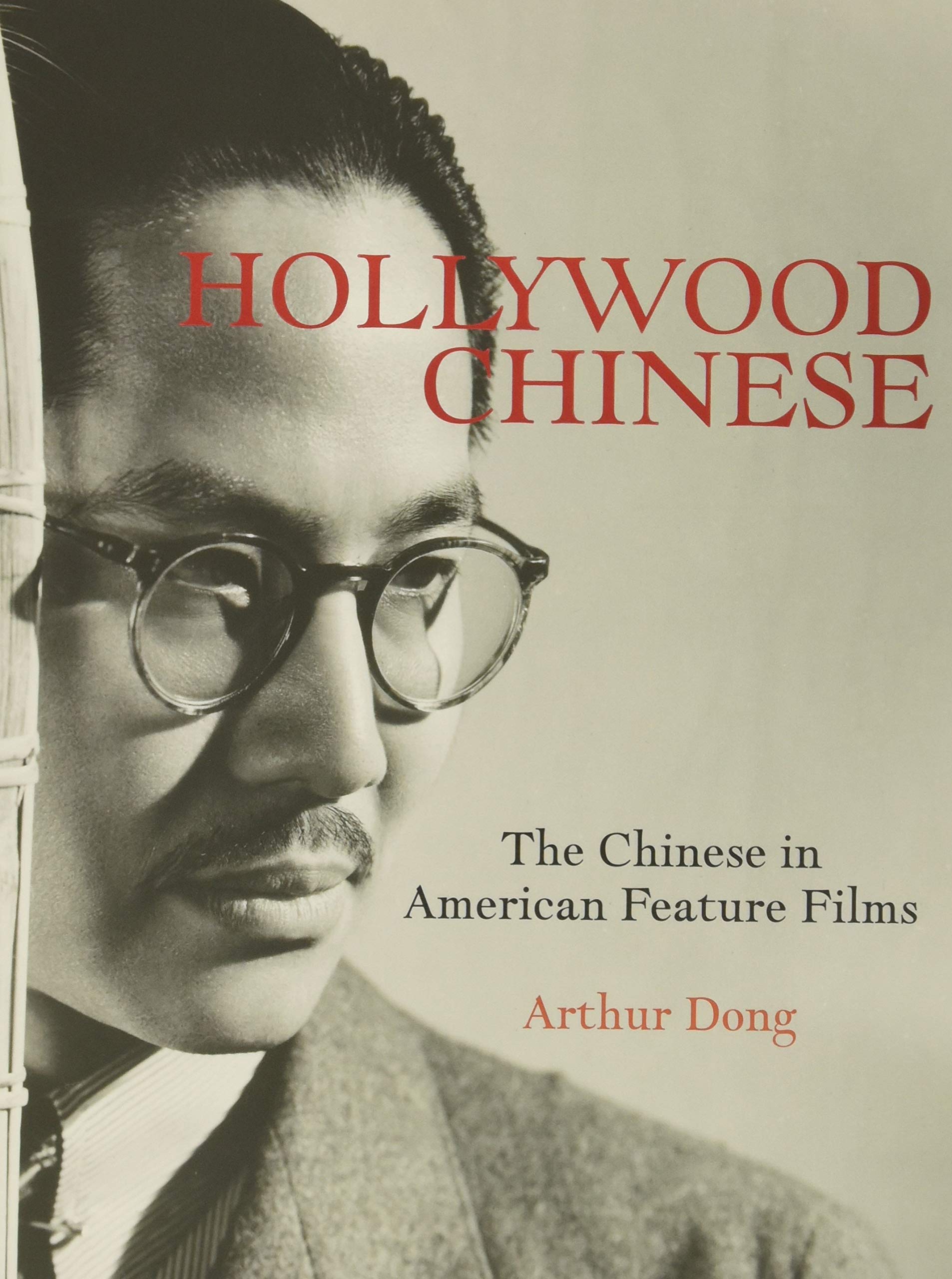Hollywood Chinese: The Chinese in American Feature Films
Arthur Dong
October 2019, 304 p.,
ISBN: 978-1-62640-061-0
Hollywood Chinese is an impressive work that chronicles the century-long celluloid history of Chinese Americans. The book’s twelve chapters dive into topics such as problematic depictions of supposedly Chinese characters (the not-so-Chinese Fu Manchus and Charlie Chans included), on-screen representations of Chinatown, the recurring trope of white savior narratives, and on the positive end of the spectrum, the progress that has been made over time in bringing truly authentic Chinese and Chinese American stories to life. Author Arthur Dong, an award-winning filmmaker who also directed the excellent 2007 documentary that shares the same name as the book, reflects in the preface: “Maybe because I felt grounded in the hundreds of Chinese films I watched as a kid, it struck me that the yellow-faced actors and dehumanizing caricatures of Asians in many vintage Hollywood films were more of an enticement for further study rather than an offense to my identity.” This honest observation brings a unique and deeply personal perspective to the subject matter of the book as a whole.
The book is vividly illustrated with over five hundred images that include posters (often emblazoned with the requisite “exotic” font), publicity stills, lobby cards, and other film ephemera, many from Dong’s personal collection and even materials in languages other than English, adding an even more complex layer of potential analysis. The book features interviews and oral histories with legendary actors such as James Hong, Lisa Lu, James Shigeta, and Nancy Kwan, as well as contemporary filmmakers such as Ang Lee and Justin Lin. Dong also incorporates interviews with non-Asian actors such as Luise Rainer and Christopher Lee, who donned yellowface for Hollywood film roles.
Dong does not shy away from featuring examples of xenophobic and Eurocentric attitudes that were prevalent less than a hundred years ago. In a reprinted excerpt of the article “Orientals Made To Order,” which appeared in the December 1932 issue of American Cinematographer, the head of the makeup department at Metro-Goldwyn-Mayer describes the challenging process of “turning occidentals into orientals” while using cringe-worthy and unsubtle phrases such as the “celestial slant.” In another example, Dong quotes a casting memo from the production of The Good Earth (1937), in which the iconic Chinese American actress Anna May Wong was considered “a little disappointing as to looks,” according to an associate producer. Subsequently she was not cast in the film that infamously featured non-Asian actors playing Chinese characters.
Dong highlights early achievements in cinema history. The love triangle film The War of the Tongs (1917) is credited as being the first American film written by Chinese writers that featured a cast that was also entirely Chinese. The Curse of Quon Gwon (1917), directed by Marion E. Wong, is considered to be the earliest known film made by an Asian American filmmaker who was also one of the first female directors. Dong also devotes ample space to short biographies of lesser known actors such as Honorable Wu and Barbara Jean Wong, as well as sections focusing on mainstream hits such as Flower Drum Song (1961) and The Joy Luck Club (1993).
Hollywood Chinese offers broad appeal and is a striking work that speaks to the struggles and triumphs of Chinese Americans and actors of Asian descent in the industry as a whole as they have worked to achieve representation and visibility. It is likely to be engaging to those who are interested in learning more about the pioneers who paved the road to Crazy Rich Asians (2018) and The Farewell (2019), as well as to those who are already acquainted with Asian American film history. The richness of the text and interviews, and compelling visual materials will ensure that readers revisit these pages time and time again.
Review by Amanda Cheung. Editing assistance by Molly Higgins.

